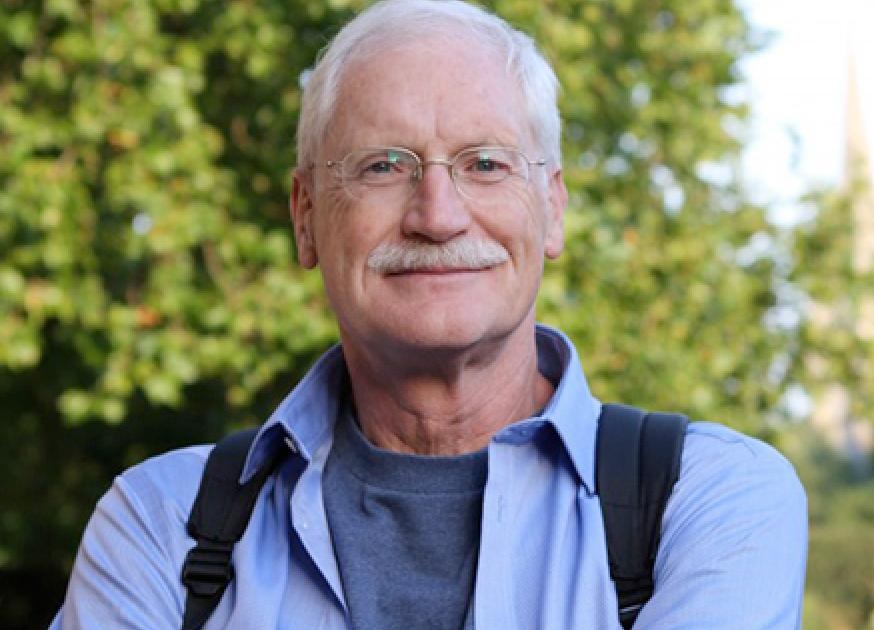Title
Climate Change and the Social Brain
Bio
“Michael Platt is a neuroscientist known for asking some of the most challenging questions in 21st century neuroscience – and conceiving innovative ways to find the answers. Principle questions focus on the biological mechanisms that underlie decision-making in social environments, the grasp of which has broad-scale implications for improving health and welfare in societies worldwide. Broad expertise in psychology, economics, evolutionary biology and ethology, in addition to collaborations with colleagues in these fields, have enabled him to reach ever-deeper levels of understanding about the neural bases of cognitive behaviour. Michael received his B.A at Yale and his Ph.D. at the University of Pennsylvania, both in anthropology, and did a post-doctoral fellowship in neuroscience at New York University. He is the Author of “The Leader’s Brain” (Wharton Press) and over 200 articles. Current teaching at Wharton includes Introduction to Brain Science for Business” and “The Neuroscience of Business.”
Abstract
Deeper and more numerous social connections promote health, well-being, survival, and even financial success. By the same token, social exclusion and the loss of social partners result in feelings similar to physical pain. In my talk, I will discuss our work aimed at defining the biological mechanisms that mediate our ability and desire to connect and the impact of these capacities on resilience. We leverage a unique 17-year field study of thousands of free- ranging rhesus macaques and a biobank including genomic, neuroanatomical, and brain transcriptomic data, collected before and after a major cyclone, and parallel neurophysiological and pharmacological work in the laboratory. We find that monkeys who have more friends are more successful and show increased gene expression and structural connectivity within the social brain network, particularly the middle superior temporal sulcus (mSTS). Neurophysiological studies in our lab show mSTS neurons encode a rich array of information necessary to guide dynamic, evolving social interactions. Pharmacologically inactivating mSTS impairs the sophistication of social interactions. In the field, monkeys who lived through the cyclone showed upregulation of aging-related genes in immune and inflammatory pathways, accompanied by physical decline. Behaviorally, monkeys responded to the acute and chronic stress of the cyclone by becoming more social and less aggressive, and monkeys who made more social connections had higher survivorship after the hurricane, as did their offspring. Our studies data indicate that biological predispositions for social connections shape resilience to the stresses of life, including catastrophic disruptions due to climate change.






